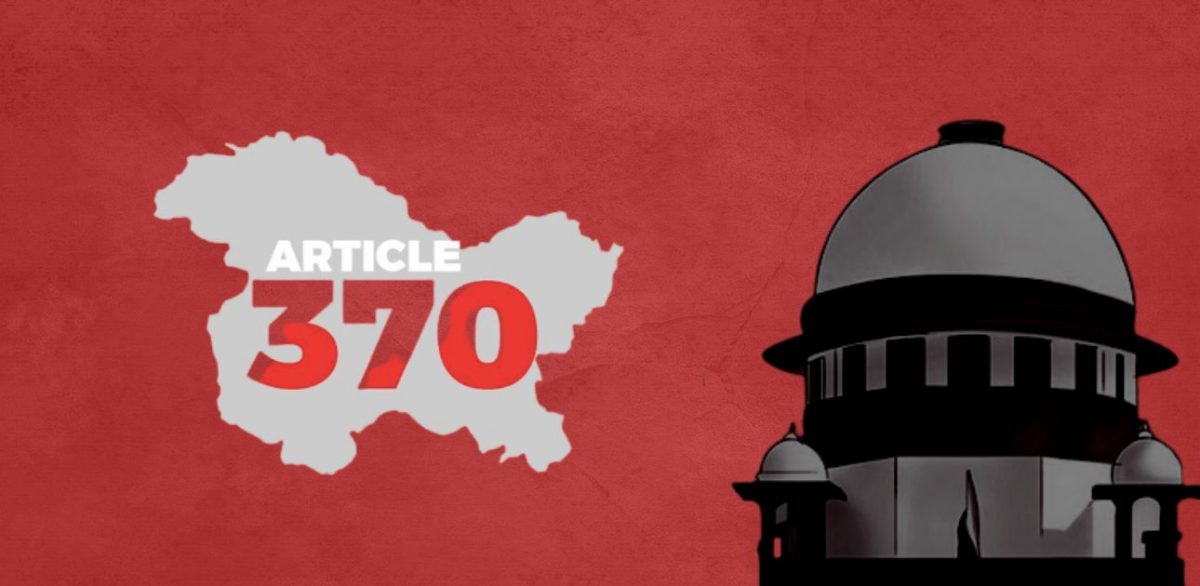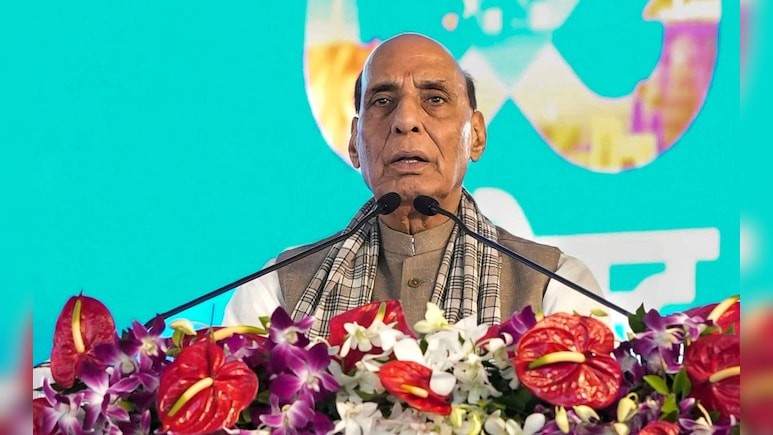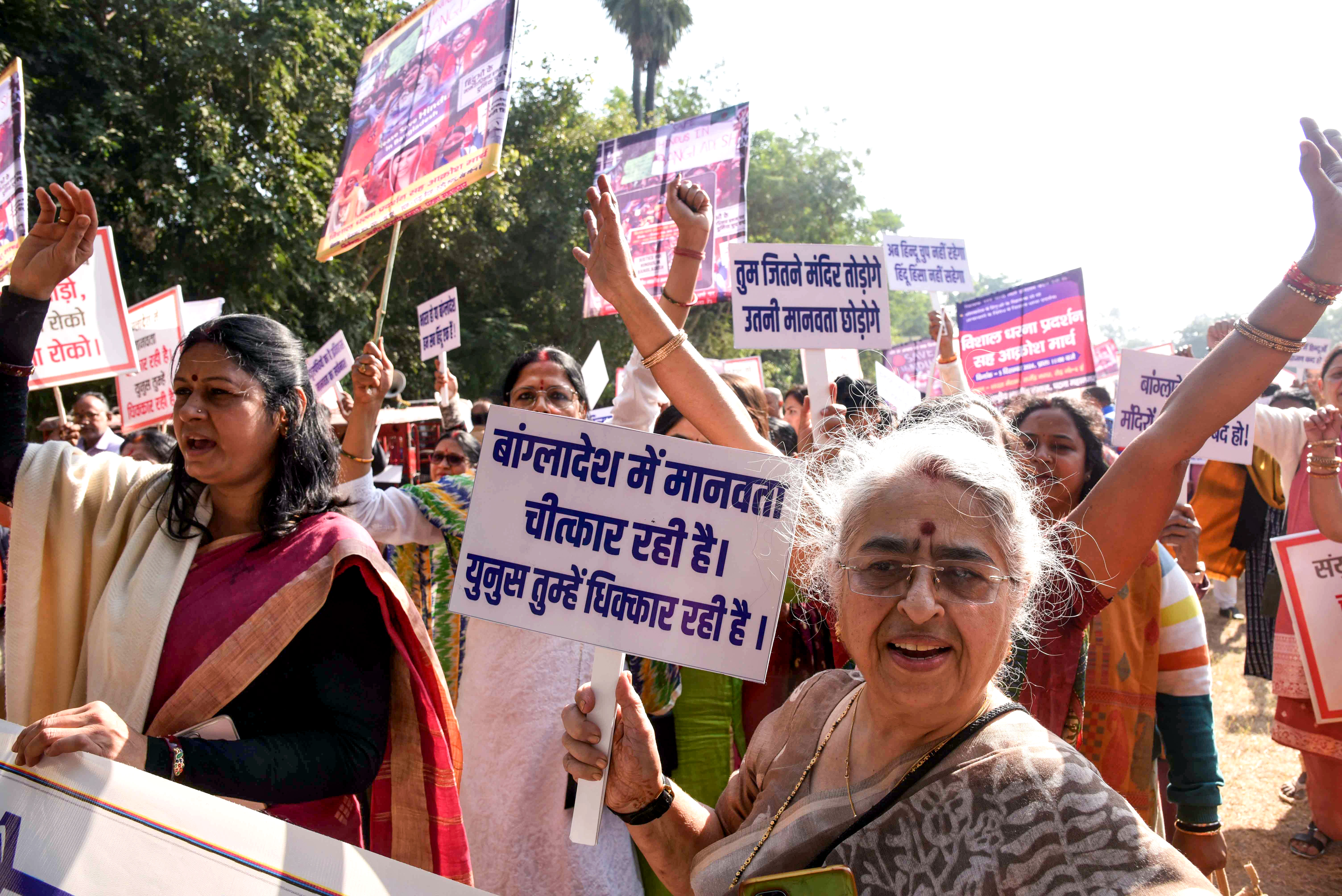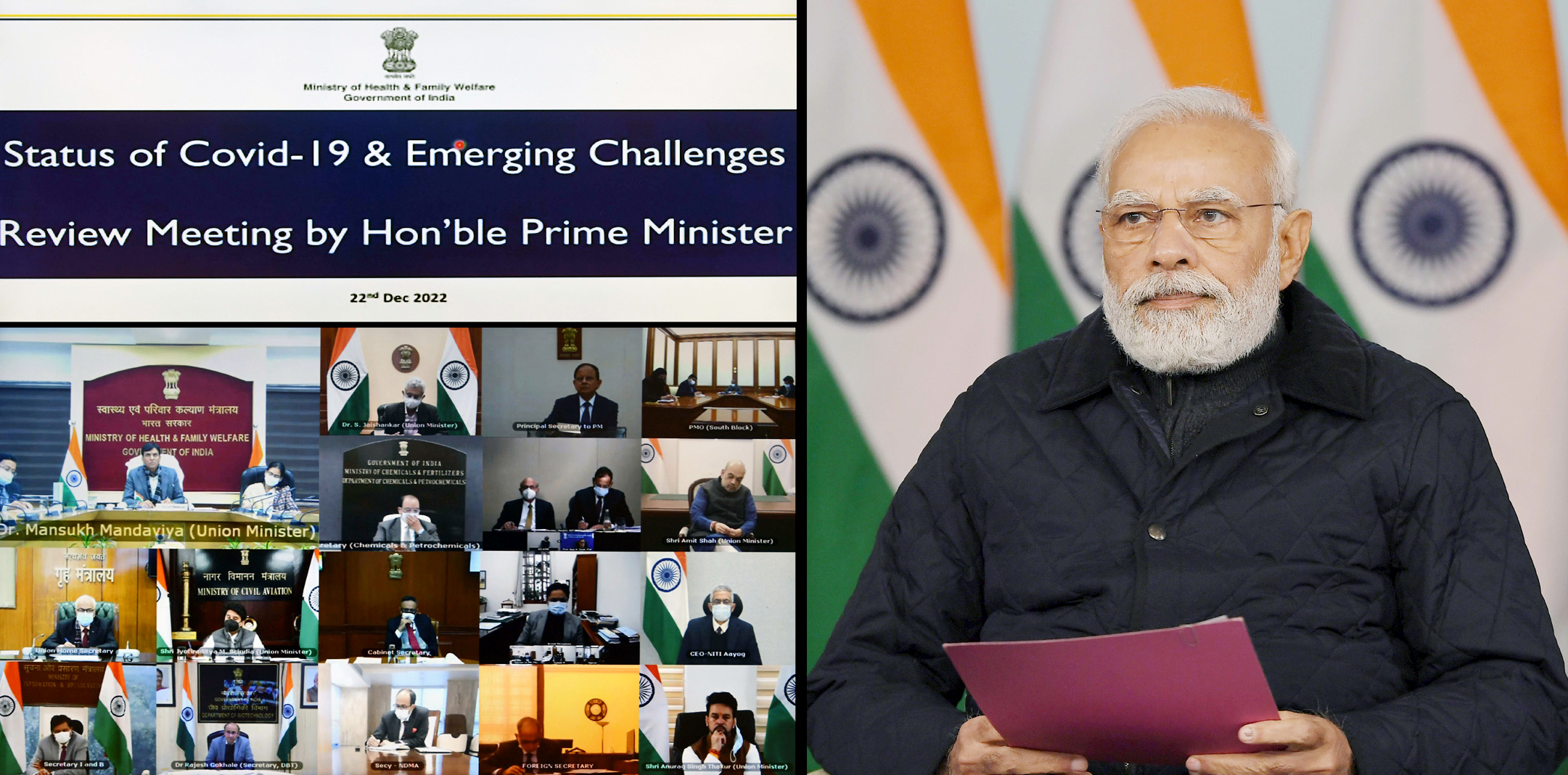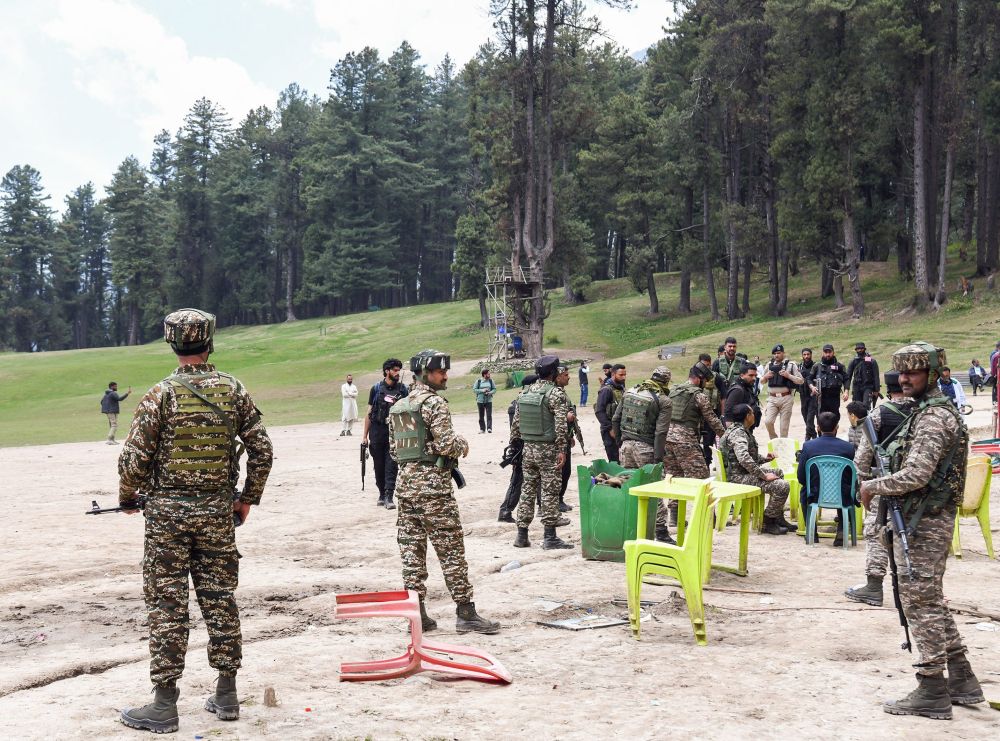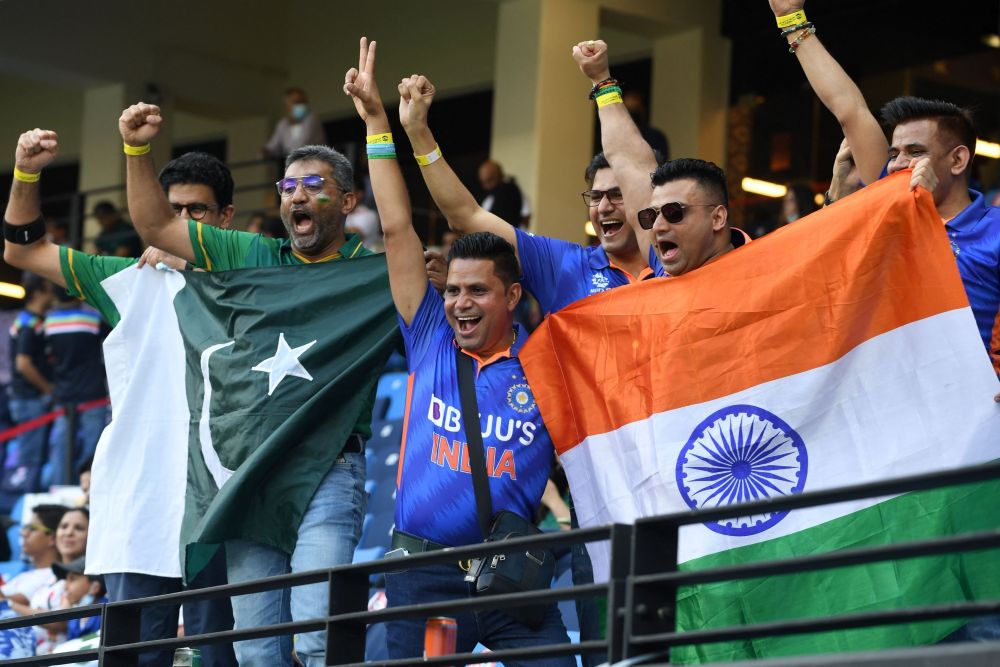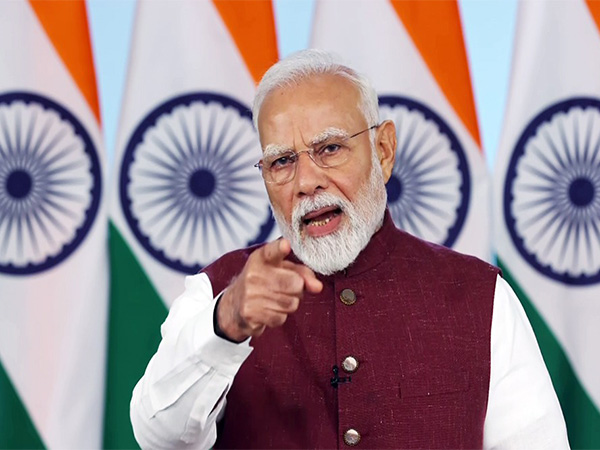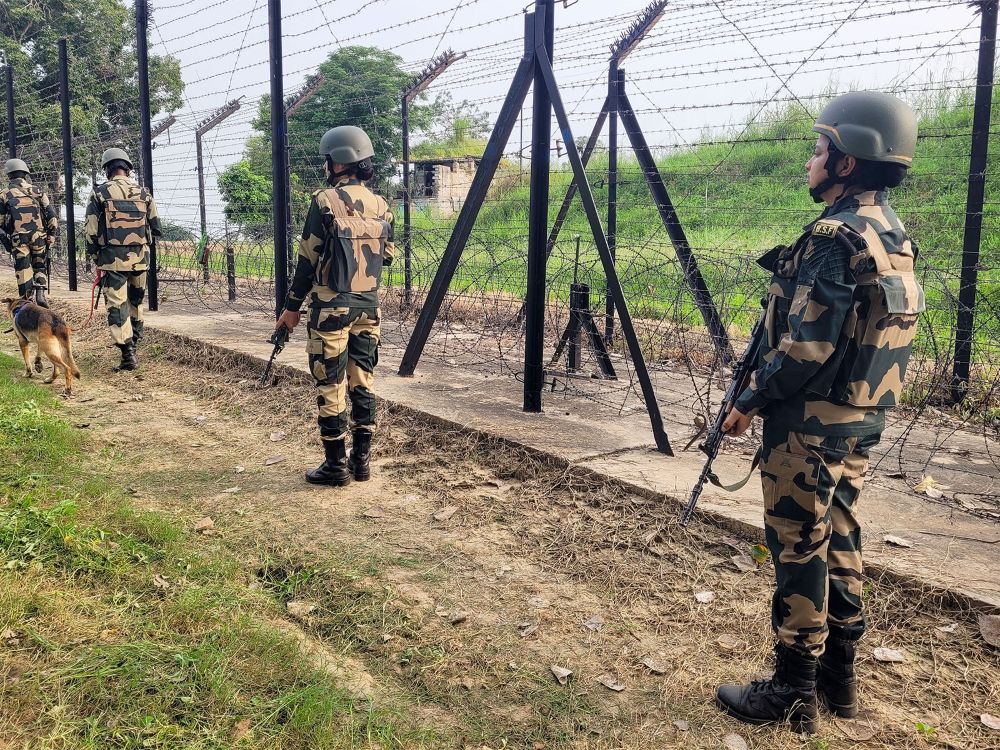Our Bureau
New Delhi
A Constitutional bench of the Supreme Court delivered its verdict on the constitutional validity of the abrogation of Article 370 in Jammu and Kashmir, calling it a temporary provision of the Constitution and upholding its abrogation by the Narendra Modi-led Bharatiya Janata Party (BJP) government in August 2019.
“The State of Jammu and Kashmir does not have internal sovereignty different from other States. We have held that Article 370 is a temporary provision,” CJI DY Chandrachud said while reading out the verdict. In its verdict, the apex court also directed that steps shall be taken by the Election Commission of India to conduct elections to the J&K assembly by 30 September, 2024 and that restoration of statehood shall take place as soon as possible.
PM Narendra Modi posted on X, “Today’s Supreme Court verdict on the abrogation is historic and constitutionally upholds the decision taken by the Parliament of India on 5th August 2019.” He added, “It is a resounding declaration of hope, progress and unity for our sisters and brothers in Jammu, Kashmir and ladakh.”
He further said, “ I want to assure the resilient people of Jammu, Kashmir and Ladakh that our commitment to fulfilling your dreams remains unwavering. We are determined to ensure that the fruits of progress not only reaches you but also extend their benefits to the most vulnerable and marginalized sections of our society who suffered due to Article 370,”
A five-judge bench, led by Chief Justice of India DY Chandrachud, directed the government to facilitate the conduct of elections to the Jammu and Kashmir Assembly within a specific timeframe, setting the deadline for September 30, 2024.
Article 370 is in Part XXI of the Constitution, titled “Temporary, Transitional and Special Provisions”. Article 370 is titled “Temporary provisions with respect to the State of Jammu and Kashmir” The key feature of Article 370 was that the Central laws passed by the Parliament did not automatically apply to the erstwhile State of J&K, and it was the right of the State Legislature to approve them by passing a parallel act. Article 370 is a constitutional provision that gave Jammu and Kashmir its special status.
Former Jammu and Kashmir chief minister Omar Abdullah said, “Disappointed but not disheartened. The struggle will continue. It took the BJP decades to reach here. We are also prepared for the long haul. We shall overcome. #Article370,” in a post on X.
Democratic Progressive Azad Party (DPAP) chairman Ghulam Nabi Azad termed the Supreme Court’s verdict on pleas challenging the abrogation of the provisions of Article 370 of the Constitution “sad and unfortunate”, but said “we have to accept it”.
















